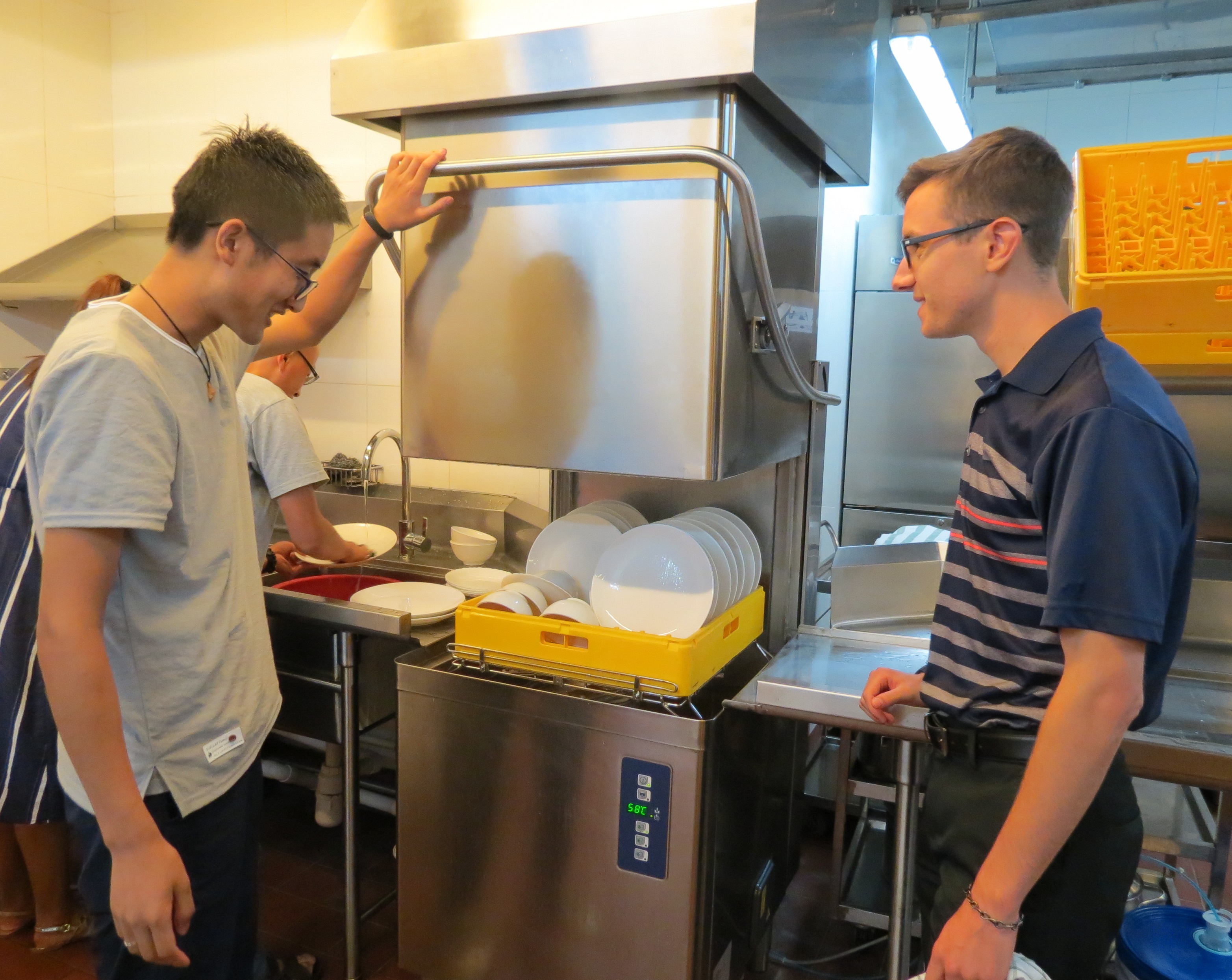In addition to our tour of the campus, all the students and teachers convened in the late afternoon. Teachers got a front-row seat.
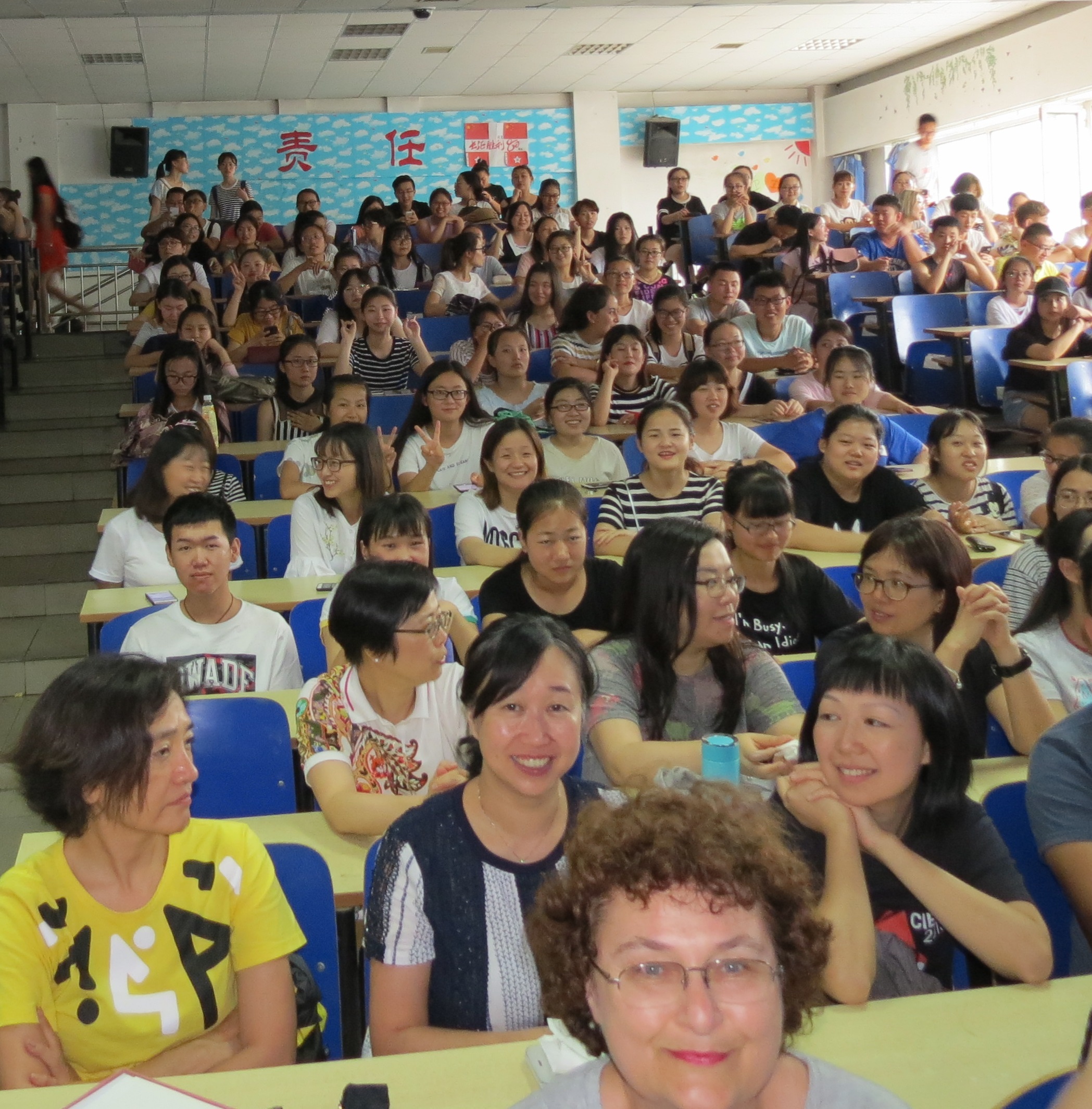
Leo acted as Master of Ceremonies (in both English and Mandarin), while Fr. B and a Chinese professor welcomed everyone, thanking the students for their dedication in giving up part of their summer in order to attend, and thanking the foreign teachers who came all the way from America — at their own expense! (Insert a chorus of “Ohhhhh!” here.)
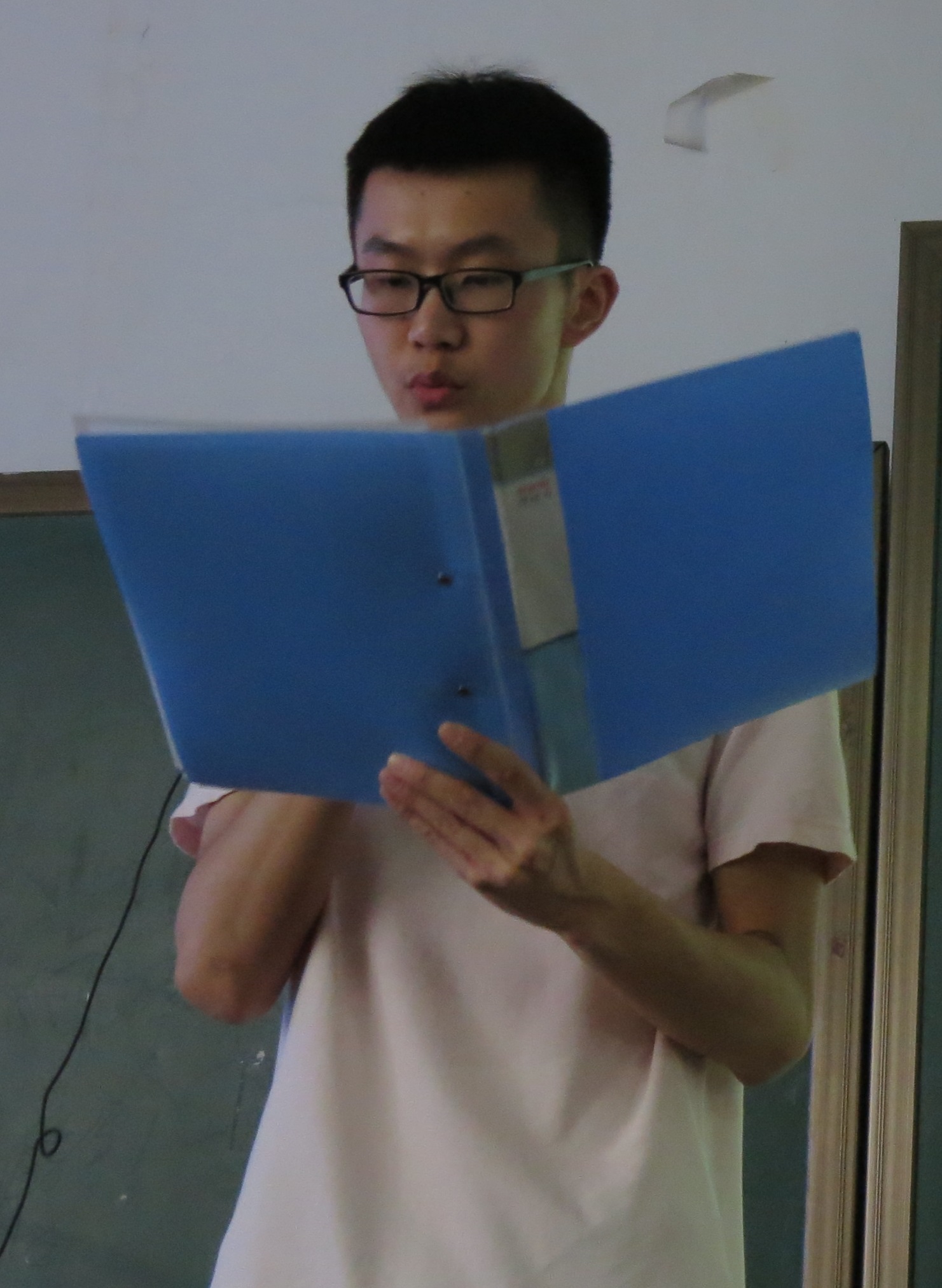
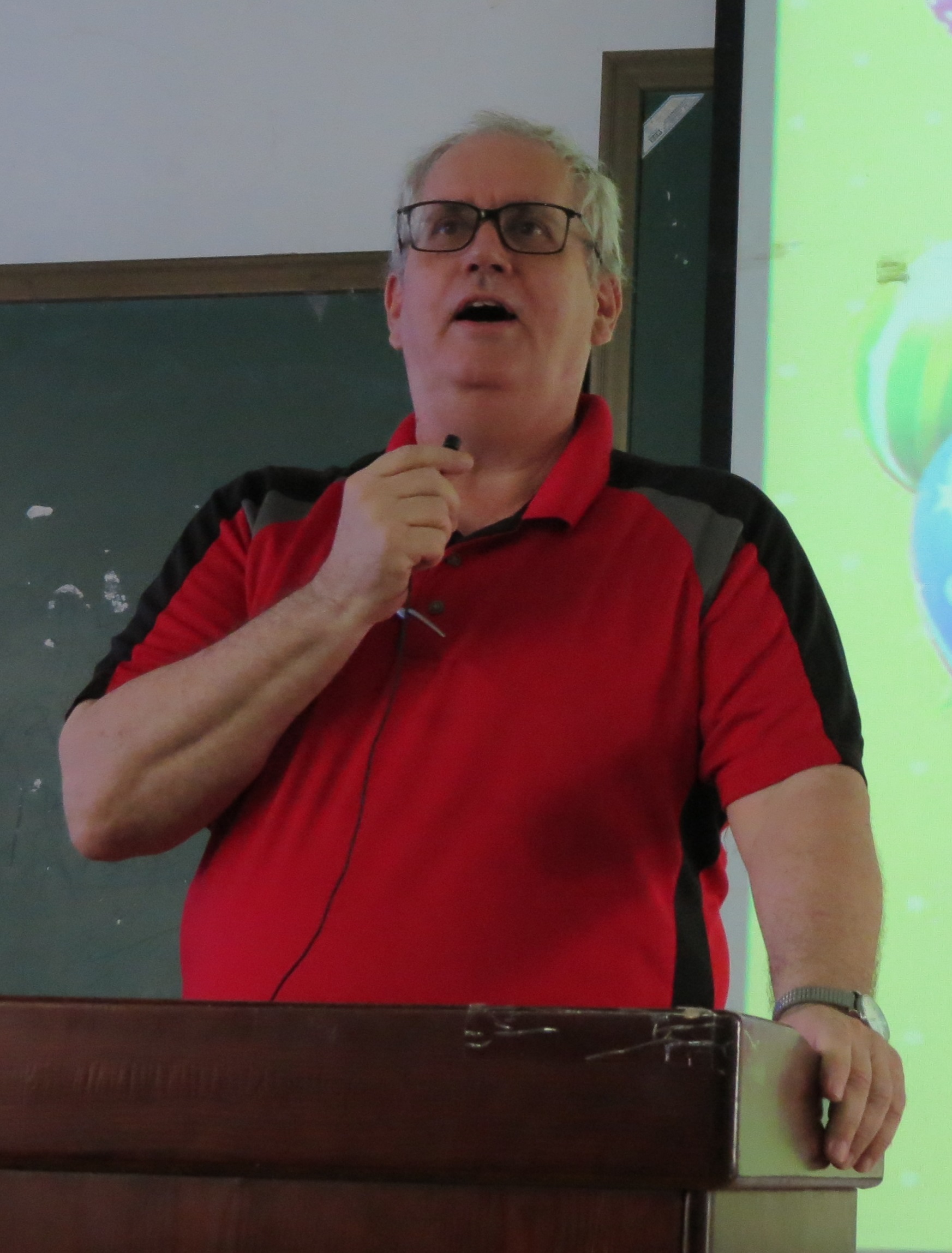
Teachers were assigned to their classes — I have group 5 for the first three days, while Ms. K (my hotel roommate) has group 1. Since we will teach only four groups apiece this year, this means she and I can share lesson plans and materials with no fear that students will have both of us.
Also discussed were the order of China Daily articles and the teachers who will present them. Fr. B wants us to concentrate a bit more diligently on the articles, since the topics are important social and moral questions.
We greeted a few repeat students and some program alumni who are here for the summer for other reasons, then we headed off to a wonderful dinner with Maryknoll teachers from Hong Kong. These folks are not Americans or English teachers, but Hong Kong folks who teach at Maryknoll’s five primary and/or secondary schools there. Maryknoll runs the schools under contract from the government of Hong Kong, which means they are not private schools and so must follow government regulations — which means there is no possibility of my working at any of them because the “NET program” (Native English Teachers required in each school) has a mandatory retirement age — and I am past it. If I want to work in Hong Kong it will have to be at a private, for-profit language school or an International School or religious school, probably of another faith.
I chatted with several ladies from Maryknoll Sisters Schools (a combination elementary and high school that teaches in English) and they were kind enough to agree to let me visit the schools when I return to Hong Kong. I’m longing to see how an “English MOI” (Medium of Instruction) school works in real life in a country where one’s mother tongue is relegated to “foreign language” status.
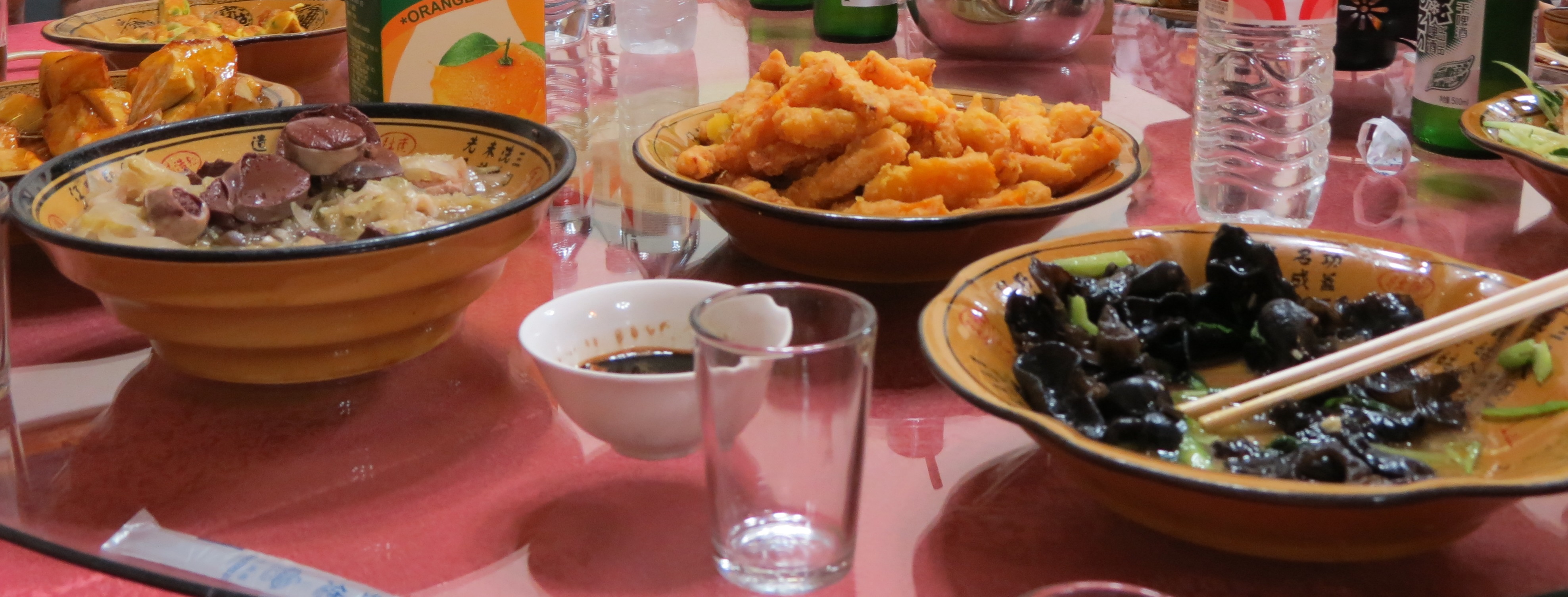 Wonderful Chinese Dinner
Wonderful Chinese Dinner
 Today the group got its first look at the facilities we’ll be using.
Today the group got its first look at the facilities we’ll be using.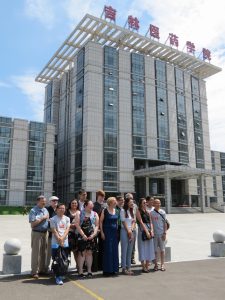 Of course, we had to pose for pictures in front of the library/administration building.
Of course, we had to pose for pictures in front of the library/administration building.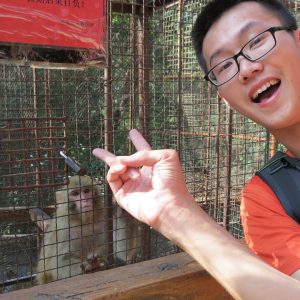 This means that he’s in charge of supervising about 15 subordinate Class Leaders and ultimately responsible for the behavior of all 180 students. He is staying at the hotel with us and is additionally tasked with ensuring that none of us gets lost. I’m very glad he’s been given this position. He’s an avid student and quite a lot of fun.
This means that he’s in charge of supervising about 15 subordinate Class Leaders and ultimately responsible for the behavior of all 180 students. He is staying at the hotel with us and is additionally tasked with ensuring that none of us gets lost. I’m very glad he’s been given this position. He’s an avid student and quite a lot of fun.
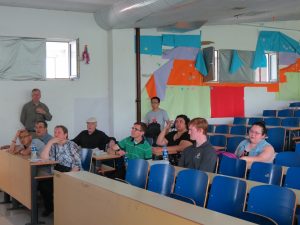
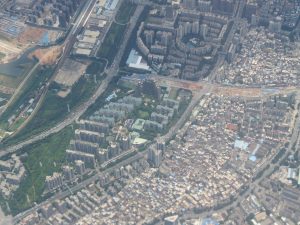
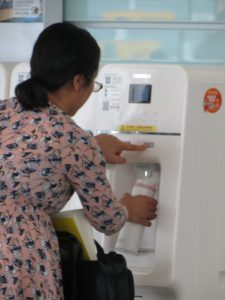
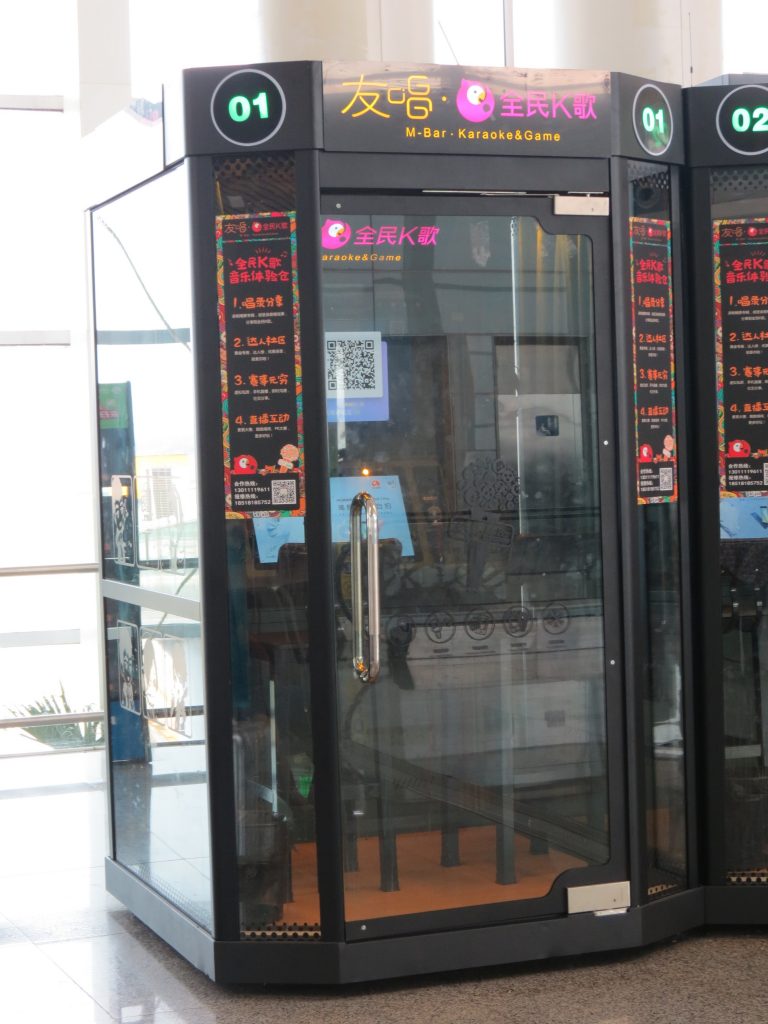
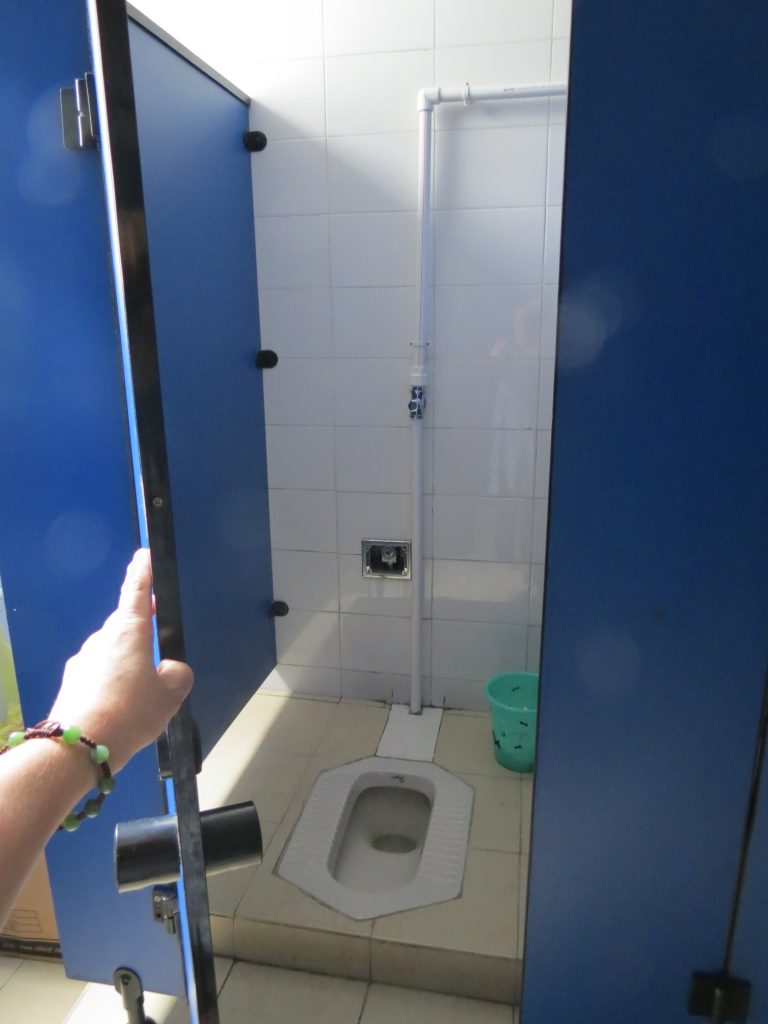
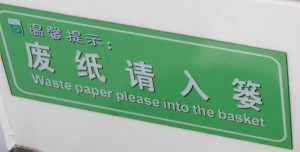
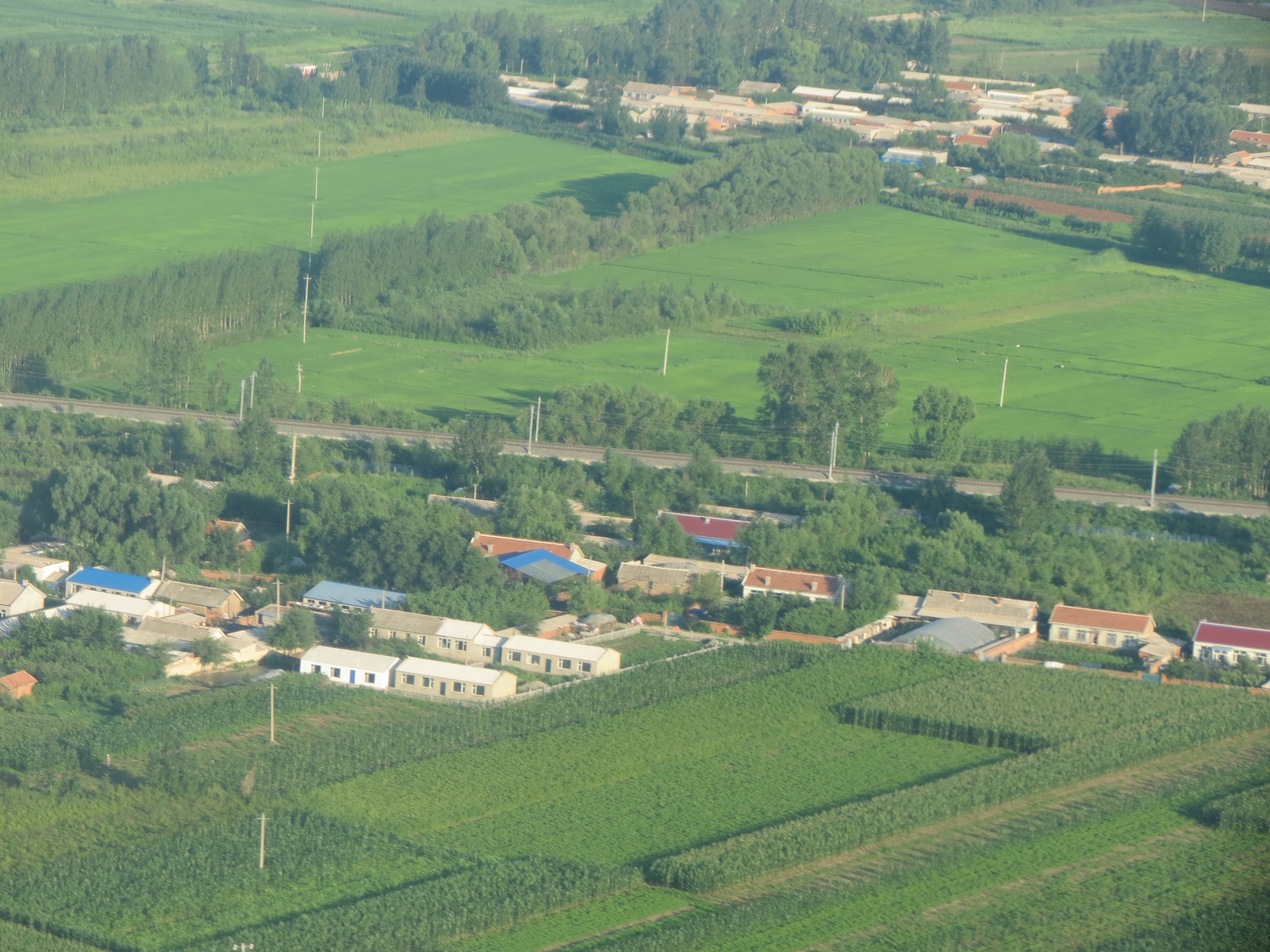






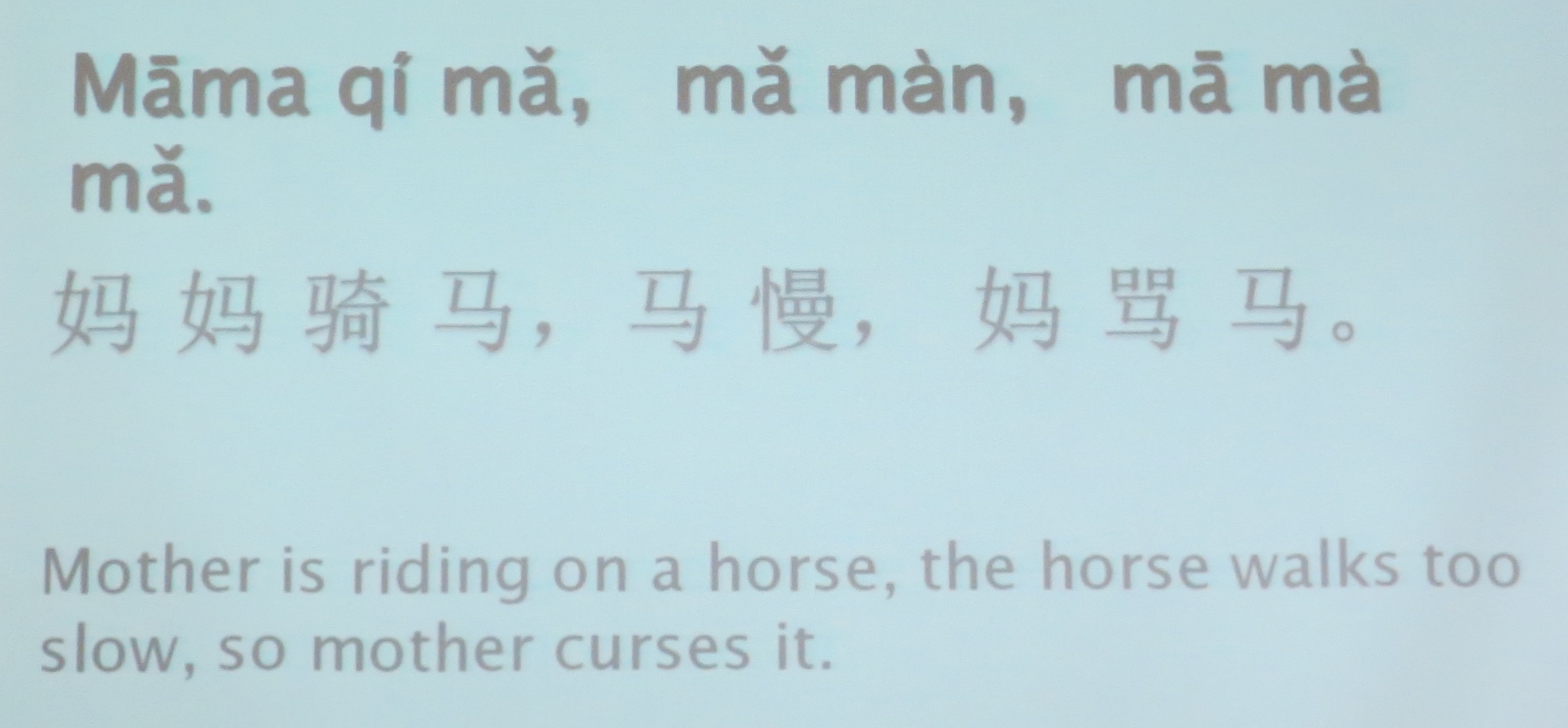
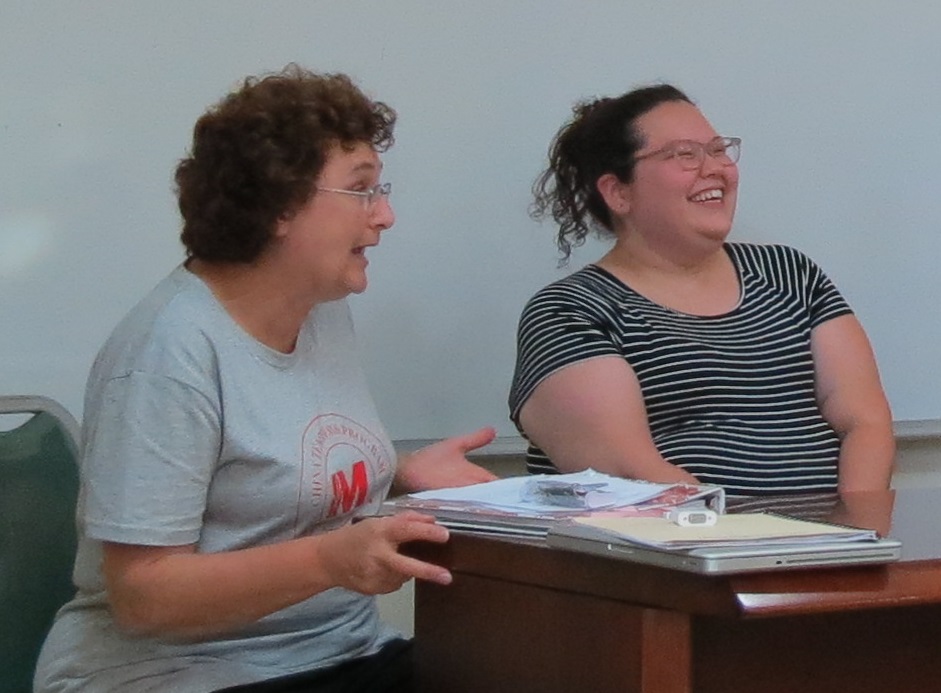
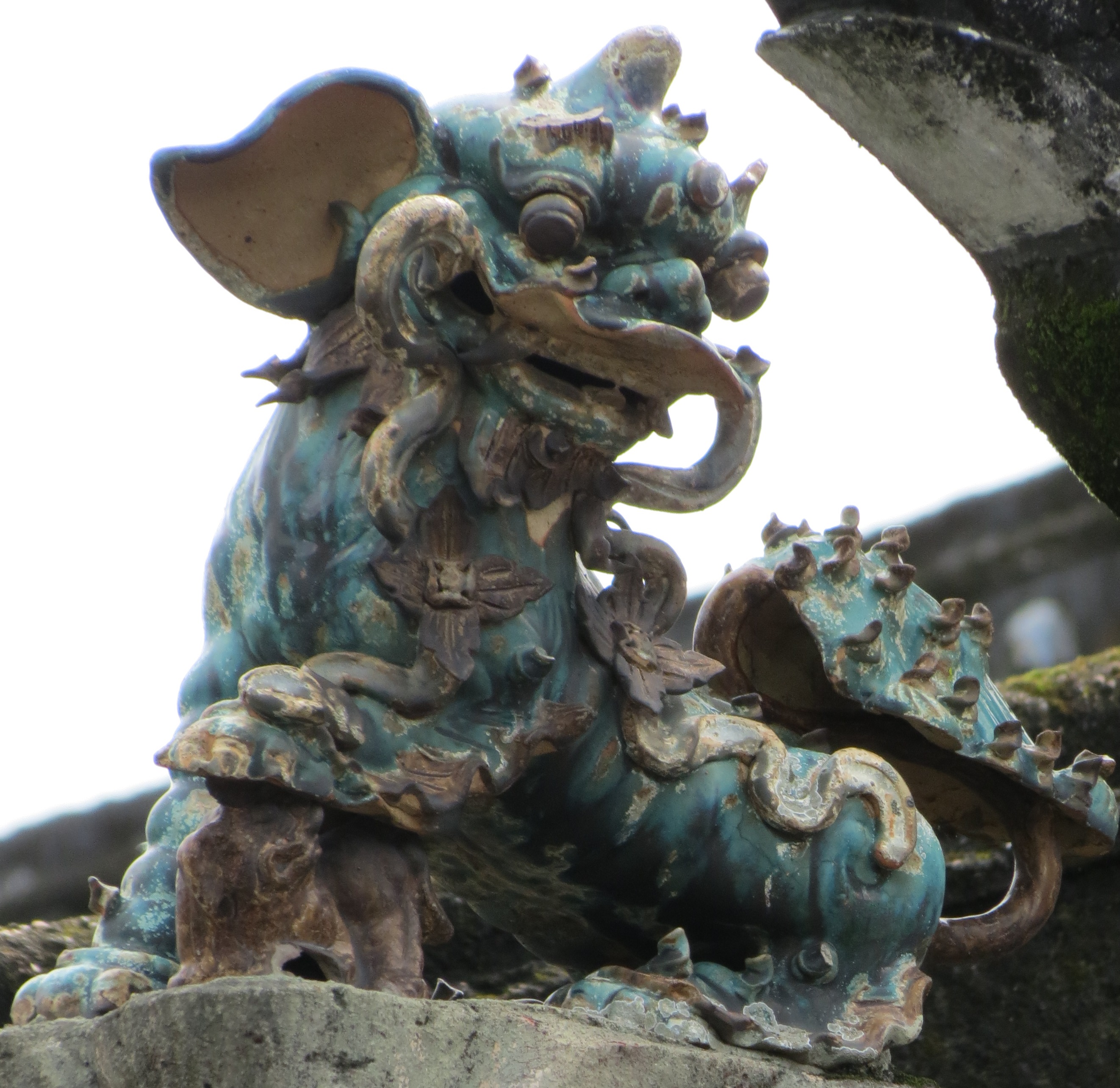

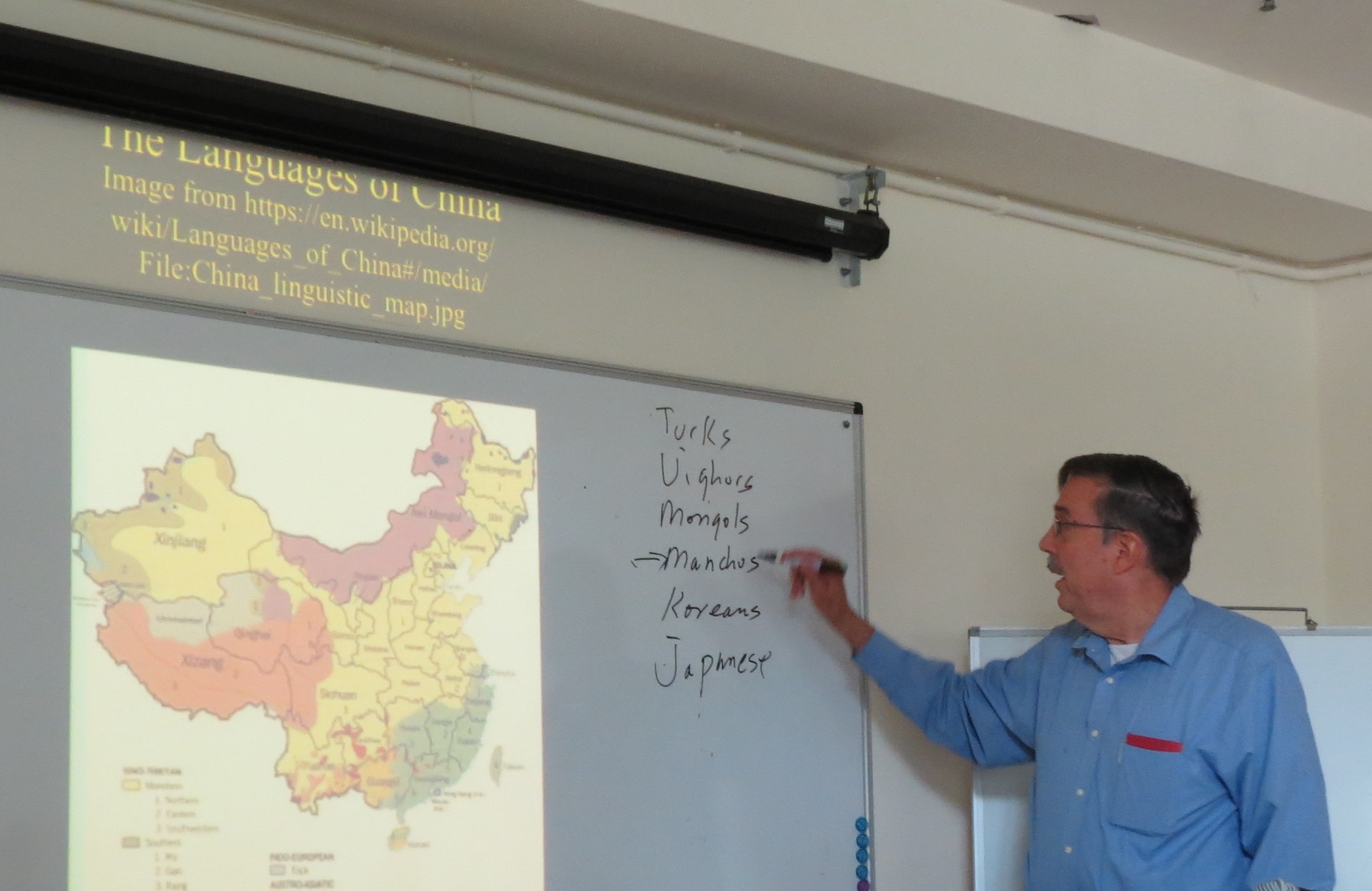
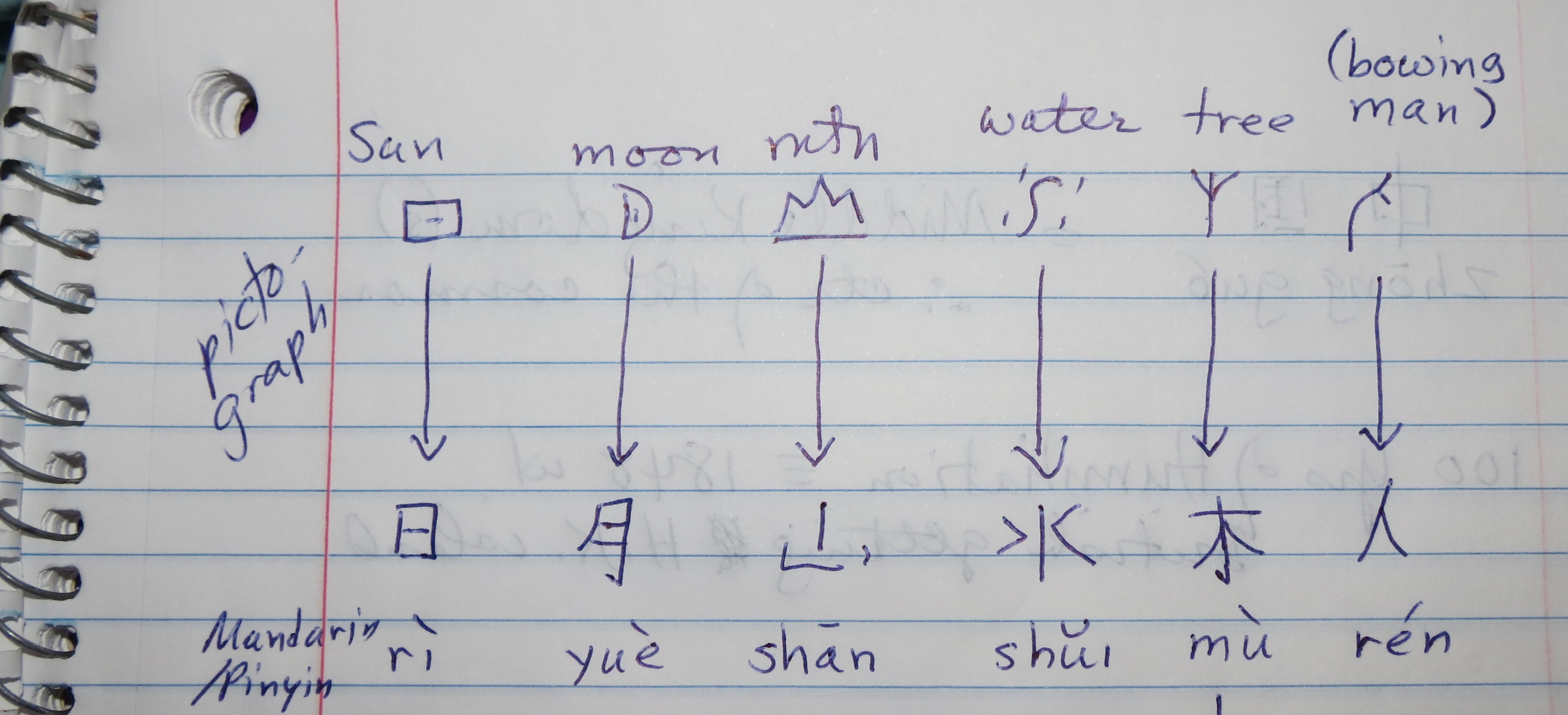
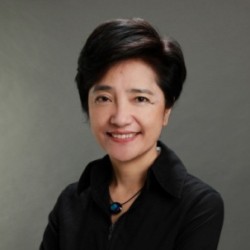
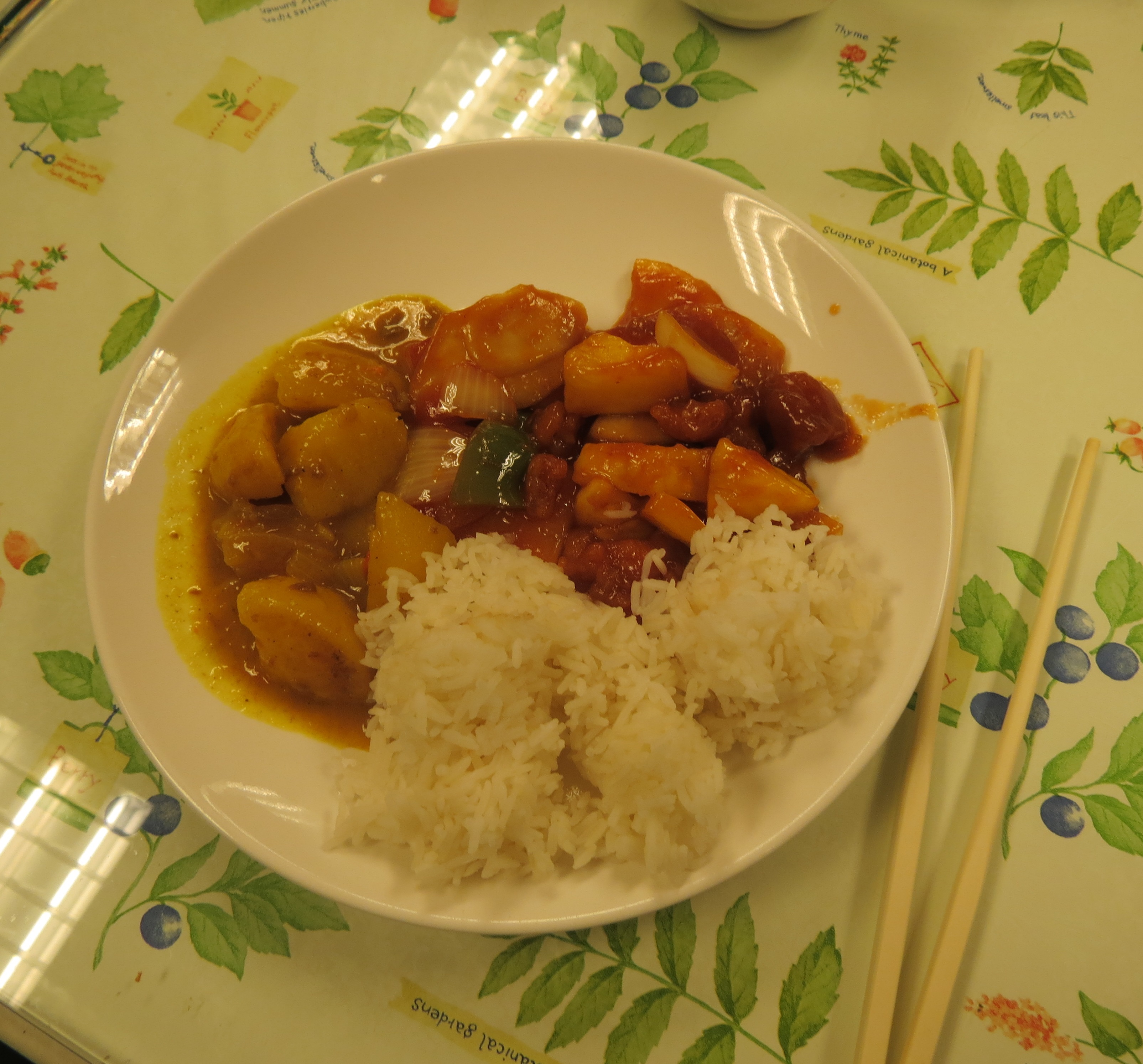 What a pleasant surprise! Apparently, Sweet and Sour Pork is not an American invention, but a real Cantonese dish – or at least one that has been adopted back.
What a pleasant surprise! Apparently, Sweet and Sour Pork is not an American invention, but a real Cantonese dish – or at least one that has been adopted back.